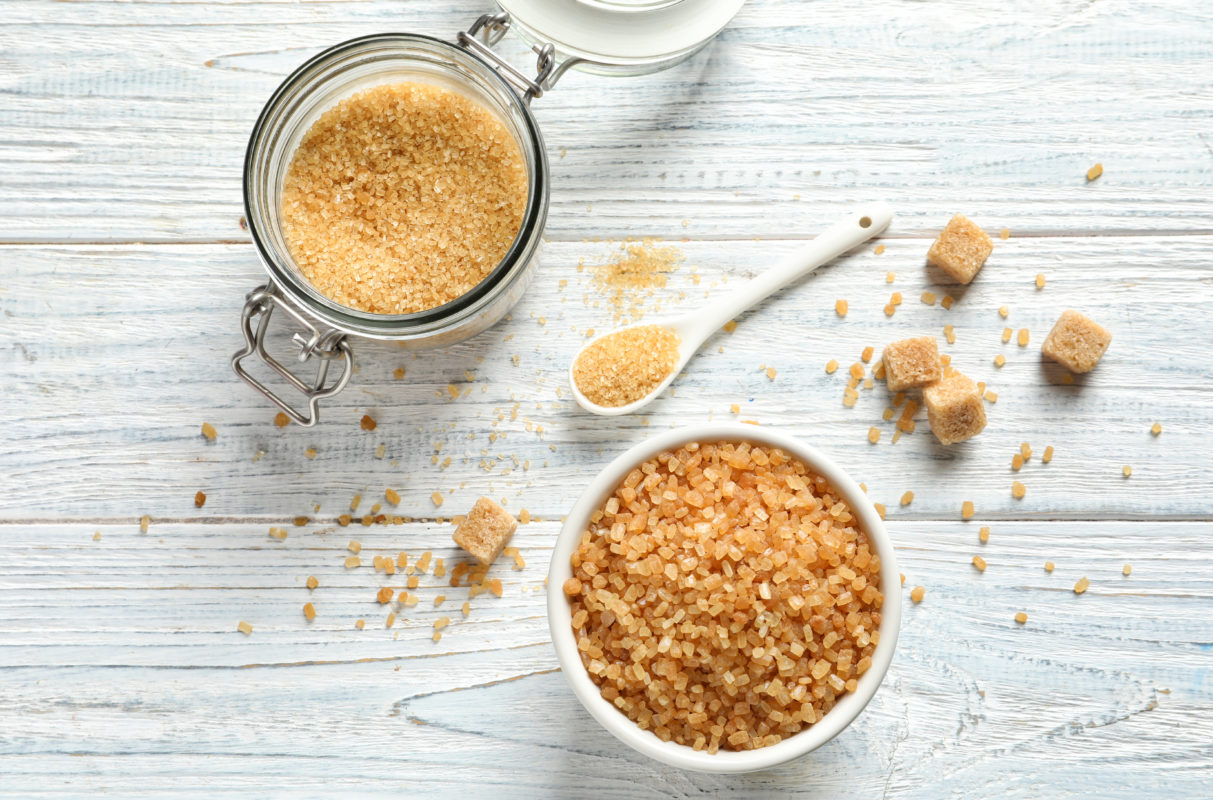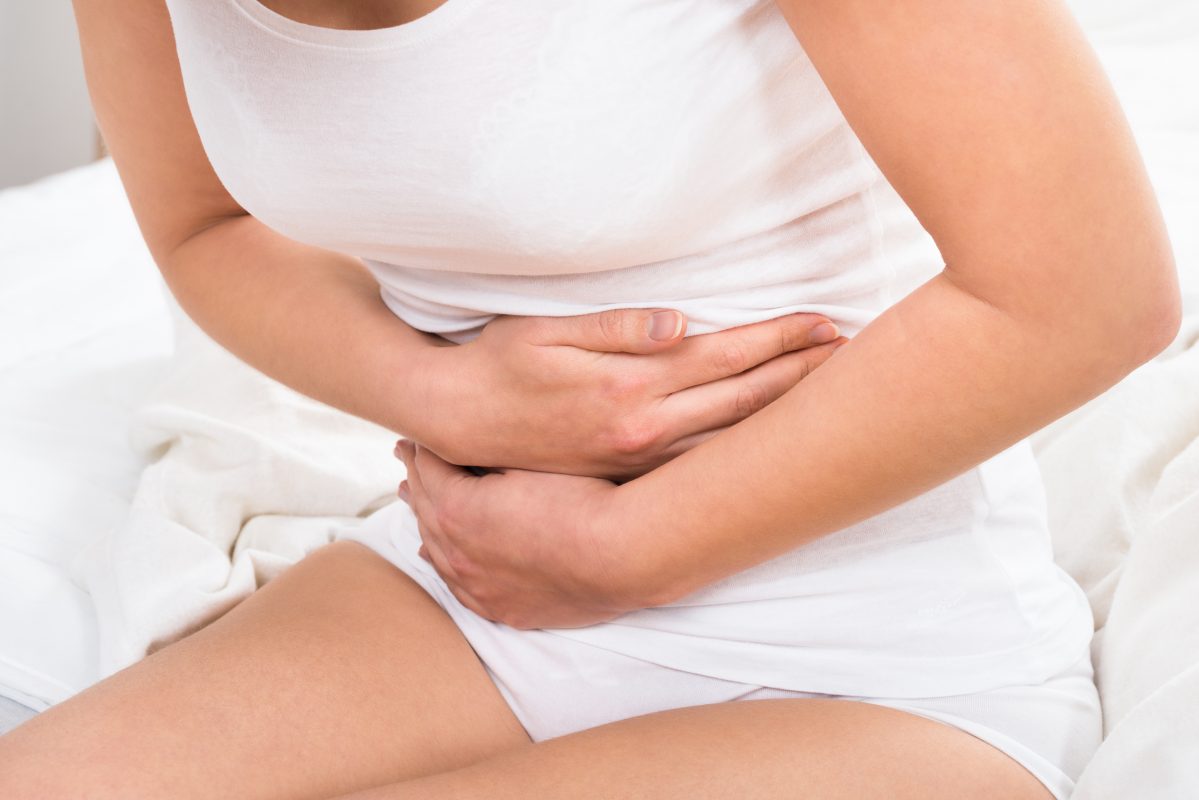BLOG
Knowledge, like food,
is powerful medicine.
Topics
- View Topics
General anesthesia negatively alters the diversity and composition of the gut microbiome. A 4-hour exposure to anesthesia (Isoflurane) in mice resulted in a significant decrease in microbial diversity and depletion of several commensal bacteria including Clostridiales. Anesthesia & Analgesia →Takeaway: Researchers conclude that anesthesia may lead to dysbiosis (imbalanced gut bacteria) in patients following an operation. If you have […]
A recent study unveils the likely cause behind seasonal depression, a condition that affects 1 in 5 people. Light-sensing cells in the retina that affect whether you feel happy or sad connect with your brain. When the retina cells detect shorter days, the cells send signals to the brain that can result in feelings of sadness […]
The stress experienced during competitive social situations negatively affects the gut microbiome. The experiment was performed in Syrian hamsters, animals that compete to establish hierarchies of dominant and subordinate groups. The study analyzed gut bacteria before the hamsters met and after they had competed for hierarchical placement, then compared these samples to a control group of […]
Sugar silences a protein necessary for the colonization of beneficial gut bacteria. In a mouse model, Yale researchers found that fructose and glucose (sugars extremely abundant in the Western diet) block Roc, a protein essential for the colonization of Bacteroides thetaiotaomicron, a beneficial gut bacteria strain associated with processing fiber rich foods like vegetables. Proceedings of the National […]
This recipe can be scaled up or down, but I wanted to give you the basic instructions for 10 pounds of cucumbers. As for equipment, have a vegetable brush handy. You’ll need a 5-gallon ceramic or glass crock or a 5-gallon bucket of food-grade plastic. Please make sure it’s food-grade; that is, it originally was […]
Are you a victim of “legacy prescribing”? As 2018 concludes, it could be time to check your medicine cabinet! A McMaster University study looked at 50,813 patients older than 18 years of age and found that 46% of patients receiving antidepressants, 45% receiving proton pump inhibitors, and 14% receiving bisphosphonates had a legacy prescription (a prescription […]
According to the CDC, sleep deprivation is a public health crisis. Studies show that just by going to bed earlier, you can improve your memory, cognitive performance, ability to learn new things and handle problems, mood, ability to lose weight, metabolic function, immunity, and heart disease risk. New York Times →Takeaway: Sleep is literally your magic pill to […]
Chronic IBD symptoms (such as fecal incontinence and constipation) don’t have to be chronic. A recent study in 40 patients with IBD (24 with Crohn’s disease, 12 with ulcerative colitis, and 4 with an ileo-anal pouch) showed that gut-directed behavioral treatment (pelvic muscle training, lifestyle modifications, and biofeedback therapy) could make a big difference in chronic symptoms. 77% […]
A lung disease-causing bacteria, mycobacteria, is prevalent in showerheads. The University of Colorado at Boulder study tested DNA from 656 American and European households. Results found that mycobacteria are more prevalent in households with municipal tap water as opposed to well water. Mycobacteria abundance was also found to be more prevalent in American showerheads, which researchers hypothesize could be due to […]
1. Those who eat organic most often have 25% fewer cancer diagnoses – especially for breast cancer and lymphoma – compared to those who never eat organic. The French study followed 70,000 adults (primarily women) over a 5-year period. JAMA Internal Medicine →Takeaway: Organic matters. While there are limitations to our organic farming system, at Gutbliss we recommend eating […]
Turmeric is the vibrant orange-yellow spice affectionately known as the magic sword against inflammation, birthed in India and crowned centuries ago as one of the great dosha balancers in Ayurvedic medicine. With all the healing benefits, you can taste the inherent goodness with each sip. It is just as delicious as it is nutritious. *SERVES […]
Could probiotics be a lot of wishful thinking? Extensive reviews of the existing probiotic literature show that probiotics are really effective for just three conditions – infectious diarrhea, post-antibiotic diarrhea in children, and a rare gastrointestinal disease called necrotizing enterocolitis. In addition, studies show probiotics may be ineffective in altering gut bacteria composition or diversity long-term. Nutrition […]

















